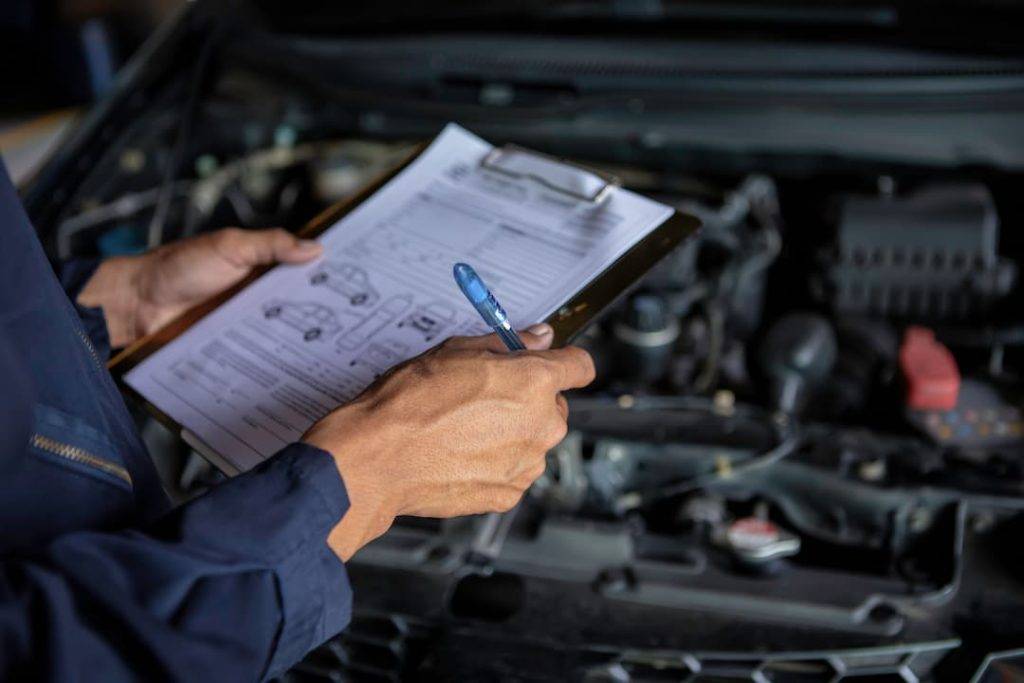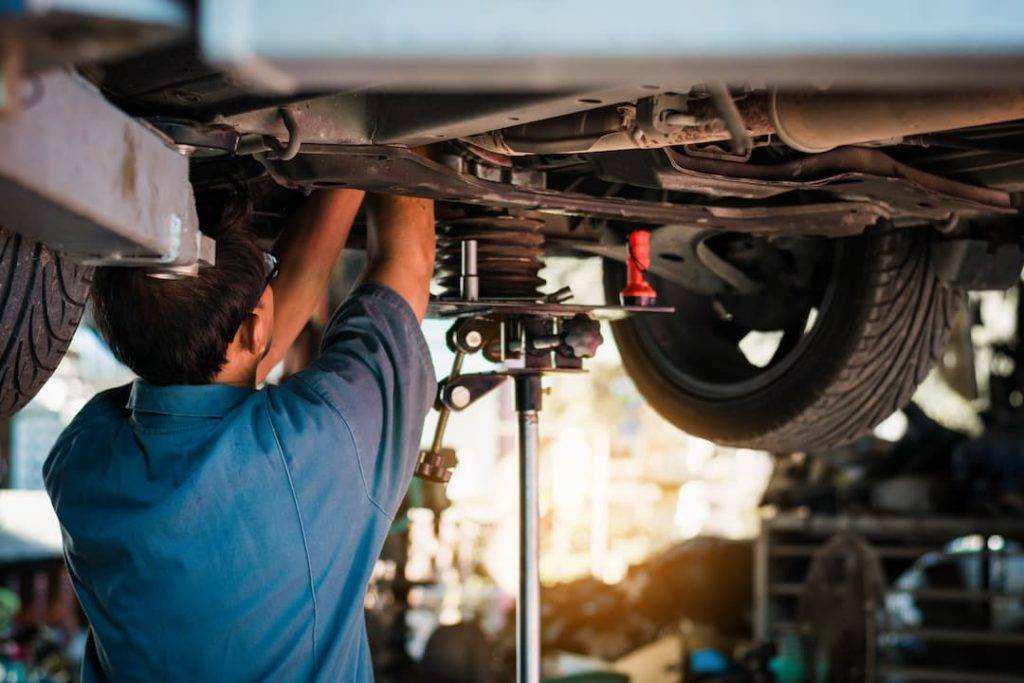Taking care of your car is vital to ensure it runs smoothly, remains safe, and avoids unnecessary costs. Regular car maintenance doesn’t just protect your vehicle—it also gives you peace of mind and can save you money in the long run. This guide covers everything you need to know about MOTs, car diagnostics, vehicle repairs, and financial planning for car servicing.
What Are MOTs & How Long Do They Take?
An MOT is a yearly requirement for vehicles over three years old in the UK. This test checks if your car meets road safety and environmental standards. Without a valid MOT certificate, your vehicle isn’t legally allowed on the road and driving without one can led to fines or penalties.
Most MOT tests take around 45 minutes to an hour, assuming your car passes without any issues. However, if the vehicle fails, you might need to factor in additional time for repairs or re-testing. Some garages offer a waiting area where you can relax while the test is conducted, while others allow you to drop off your car and return later.
How To Prepare For An MOT
Preparing your car for an MOT can make the process smoother and reduce the risk of failing on minor issues. Start by checking the basics, such as your lights, tyres, and windscreen wipers. Make sure all lights, including headlights, brake lights, and indicators, are working correctly.
Inspect your tyres for wear and tear. The legal tread depth is at least 1.6mm across the central three-quarters of the tyre. Use a 20p coin to check—if the coin’s outer band is visible when inserted into the tread, your tyres may need replacing.
Your windscreen wipers should be free of splits or cracks and should effectively clear water from the screen. Don’t forget to top up your screen wash and ensure your horn is working properly.

Lastly, look out for dashboard warning lights. If any are illuminated, address these issues before the MOT to avoid a failure.
Signs You Need Car Diagnostics
Modern vehicles rely on onboard computers to monitor performance and flag issues. Diagnostics play a key role in identifying problems early and preventing them from worsening. One of the most obvious signs that you need a diagnostic test is a warning light on your dashboard. Whether it’s the check engine light or another symbol, it’s important to have the issue investigated promptly.
Other signs include unusual noises, reduced fuel efficiency, or your car not handling as it should. For example, if your engine feels sluggish or your brakes make squealing noises, a diagnostic test can help pinpoint the problem. Ignoring these signs can lead to more significant and costly repairs later, so it’s better to act sooner rather than later.
A professional diagnostic test involves connecting your car to specialist equipment that reads fault codes from its computer system. This allows mechanics to identify specific issues and recommend appropriate repairs.

Actions To Take If Your Vehicle Needs Repairs
When your car requires repairs, it can feel overwhelming, but handling the situation carefully can save you stress. The first step is to have your vehicle inspected by a trusted garage. Many garages offer a free initial assessment, so you can understand what needs fixing before committing to the work.
It’s important to choose a garage with a good reputation. Look for reviews online or ask friends and family for recommendations. A reliable garage will explain the problem in simple terms, provide a clear breakdown of costs, and let you decide whether to proceed with the work.
When possible, try to prioritise repairs based on urgency. Safety-related issues, such as brake problems or worn tyres, should always be dealt with immediately. Non-urgent repairs, like cosmetic damage, can often wait until you have the budget to address them.
How To Financially Plan For Car Maintenance & Repairs
Car maintenance and repairs can be a significant expense, but planning can make them more manageable. Setting up a budget specifically for car costs is a smart first step. By putting aside a small amount each month, you’ll build up a fund for routine servicing, MOTs, and unexpected repairs.
Regular servicing is one of the best ways to keep costs down in the long term. By addressing minor issues early, you can avoid more expensive repairs later. For example, replacing worn brake pads is much cheaper than replacing the entire braking system if the pads are left too long.
It’s also worth checking your car insurance policy to see if it includes coverage for breakdowns or emergency repairs. This can provide extra peace of mind and reduce out-of-pocket expenses if something goes wrong.
For major repairs, consider asking your garage about payment plans. Many garages offer flexible payment options, allowing you to spread the cost of over several months.
For Reliable Car Maintenance & Repairs, Contact David Coe Garage Services Today
Looking after your car doesn’t have to be a challenge. At David Coe Garage Services, we’re here to help with everything from MOTs and diagnostics to repairs and routine servicing. Our team is committed to providing reliable, friendly service that you can trust. If you’re ready to book your next MOT, need a diagnostic test, or want advice on keeping your car in great shape, get in touch with us today.